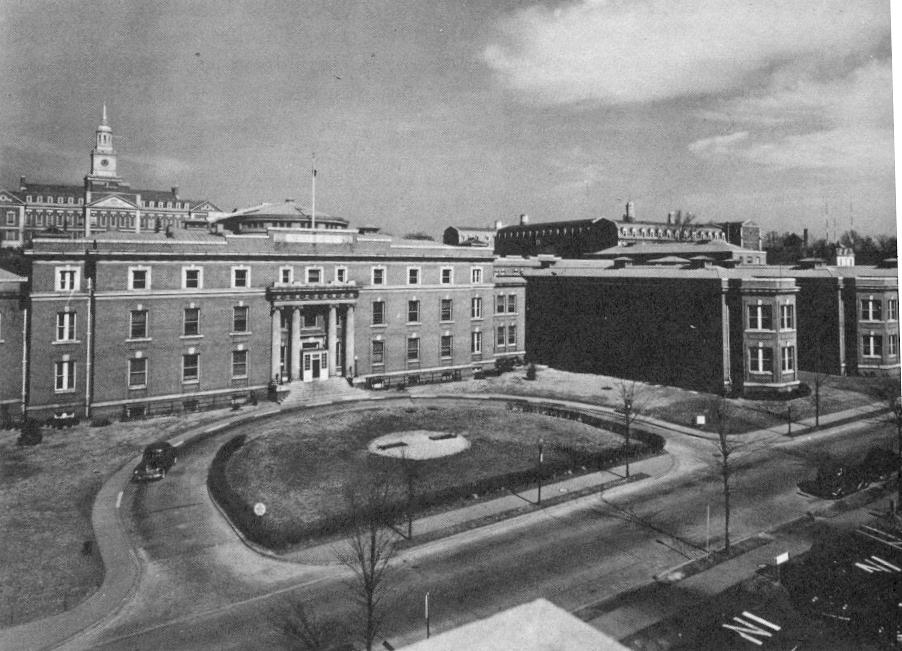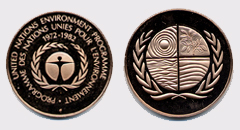November 25, 1944
Jonathan Cloud December 10th, 2022

[Continued at tssf.atg-host]
Jonathan Cloud December 10th, 2022

[Continued at tssf.atg-host]
Jonathan Cloud November 16th, 2014
![]() Like a lot of Landmark graduates, I can genuinely say that I’ve gotten much of my life from my participation in the programs. I was introduced to the programs by the woman I am now married to, after having walked out of an introduction session because I considered it to be total hype and completely implausible. This was in 1985, shortly after the transformation of the est training into the Forum (now called the Landmark Forum), in Canada.
Like a lot of Landmark graduates, I can genuinely say that I’ve gotten much of my life from my participation in the programs. I was introduced to the programs by the woman I am now married to, after having walked out of an introduction session because I considered it to be total hype and completely implausible. This was in 1985, shortly after the transformation of the est training into the Forum (now called the Landmark Forum), in Canada.
My first course was actually the Communication Workshop (now retired), which had a profound and immediate effect on me. I was 41 years old, and had already done an enormous amount in my life, including living in several countries, earning a Commonwealth Scholarship in New Zealand, moving to Toronto and then to Ottawa to work for the Canadian federal government, spending a year in Paris and visiting Israel and Gaza, and returning to Ottawa and starting a passive solar design and construction business, building houses, and moving into real estate development. I had refused to attend the Forum, but I was willing to consider that I might learn something from a course on communication, since I was having trouble keeping my thirty-five employees on track in the construction business. After four years in business I was already a half-million dollars in the hole. That the course was being led by a Montreal real estate developer also appealed to me. But I was still skeptical that this might be some kind of Scientology scam, which I’d already encountered though not fallen prey to.
Unless you’ve done some kind of transformational program such as est, Landmark, Actualizations, LifeSpring, etc. I can pretty much guarantee that you have no idea of what’s possible. In the course of as little as a weekend, your entire world view is exposed as a fabrication, a fabrication you put together in response to whatever incidents happened to occur in your childhood, and how you chose to interpret them at the time. The experience is shattering, but also enormously freeing: you see who you have become, and have the opportunity to choose newly.
Continue Reading »
Jonathan Cloud September 20th, 2013
 Some Republicans in Congress are determined to “de-fund” Obamacare by holding the government’s entire budget hostage. I beg to differ from those in the Tea Party who are supporting this move.
Some Republicans in Congress are determined to “de-fund” Obamacare by holding the government’s entire budget hostage. I beg to differ from those in the Tea Party who are supporting this move.
Our personal story is that we have enjoyed company-supplied health care insurance up to the point where my wife got laid off in 2012, and since then have paid for COBRA at $1500 a month to maintain these benefits. This ends in November, and we fully intend to apply for insurance under the Affordable Care Act.
This name says a lot — it’s private insurance that is expected to be affordable and held to important consumer-protection standards. We haven’t signed up yet, and we’ll be the first to complain if the system does not work properly when it’s launched in October. But there are currently a lot of good software engineers and designers working for the federal government, and we’re expecting to see any kinks ironed out as soon as they’re discovered.
Jonathan Cloud November 20th, 2012
s Thanksgiving approaches, I recognize in myself a growing desire to get off on my own, to be alone with my thoughts, to reflect on my small fragment of the human condition. To begin with, what am I grateful for?
Or, I could possibly more easily ask, what am I not grateful for? Because life itself is such an extraordinary gift — in all its chaotic, disturbing, and often cruel outcomes, as well as its moments of sheer joy, awe, and exuberance — that it seems difficult not to be grateful for any of it.
Jonathan Cloud August 15th, 2010
We all know that life has many meanings. We also know that some of the meanings claim to be the meaning, but this is almost entirely implausible, because in many respects they contradict each other, they cancel each other out.
We learn in the Landmark Forum that life has no one overriding meaning, but that we’re not to really make anything of this:
“Life is empty and meaningless, and it’s empty and meaningless that it’s empty and meaningless.”
In other words, life just is. What we make of this (including “nothing”) is entirely up to us. This is, I believe, more or less definitionally true, but it’s not all there is to be said.
Perhaps we need to ask the question differently. Is there a meaning that encompasses all of the other meanings, including their contradictions, and including both meaning and no-meaning?
Jonathan Cloud December 4th, 2006
All of us live in many different worlds, some of which intersect or overlap with the worlds of others. Over time, we gravitate toward those situations (realities, experiential contexts) that most appeal to us, and try to avoid those we find distasteful or dangerous.
My goal in these pages is to create a mental map of my worlds, in a form that is both creative and functionally useful, as well as providing a record of my experience and my thinking. It is also designed to allow for the assignment of priority rankings, categories, and commentaries. Read more…
There’s also the question of where we’ve been, what we’ve done, and what we have experienced. In 1985 I received a UN Environment Award for work in the community (at that time Ottawa) promoting renewable energy and conservation. I don’t remember thinking it was much of a big deal at the time, and maybe it wasn’t; but I’ve held onto it since then, and here’s a scan of it:

I was 40 years old, and had been working on environmental issues for more than ten years at the time.
Jonathan Cloud December 31st, 1969
In 1969, I was just arriving at York University in Toronto from almost seven years spent in New Zealand, where I had just completed my first degree with honors. My views on the Vietnam War had, like many in our generation, changed to one of total opposition. It was clear to me that my native country was on the wrong side, and that things could only go badly, whether we were “winning” or “losing.”
At York I also participated in a student-led restructuring of the graduate program, introducing a self-directed, multidisciplinary option. I studied sociology, philosophy, history, science, popular culture; all to try to understand how we got here and where we were headed. A lot of time we were involved in intense debates about politics, sex, drugs, music, spitiruality, the New Age, the nature of our transformation.
In 1971, having completed all but the dissertation for my Ph.D., I accepted a position with the Opportunities for Youth Program in Ottawa.
This now all seems like ancient history, a time before our great dissolution, a time of idealism, of analysis, of passion, and of possibility. In 1991 I moved back to the U.S., in search of yet another new life. I worked hard through the 90s, with some successes and some failures, but without a sense of great accomplishment. By 2000 it was clear to me that the new millennium was not the arrival of utopia, but I did not expect it to become so completely disastrous.
Since the events of September 2001 the political climate in the U.S. has become an increasingly dismal one. The overwhelming sense of human tragedy, worldwide sympathy, and a search for new meaning, has given way to increasing misgivings about the suppression of democracy at home, the misdirected and incompetent aggression abroad, and the self-fulfilling prophecy of a world at war with itself.